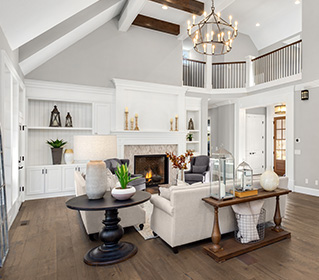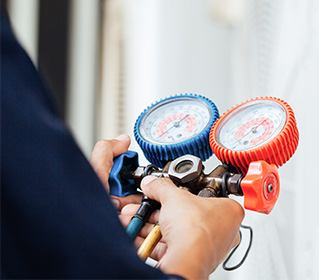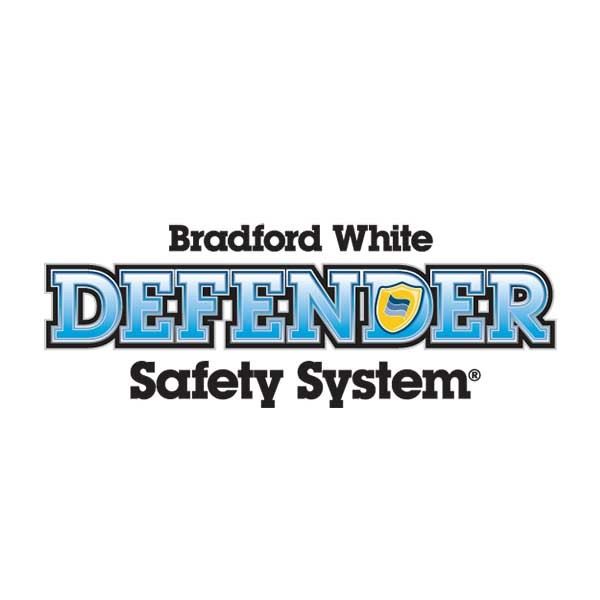
What Is an HVAC Emergency?
It can be confusing to determine the difference between an emergency or a repair that can wait. Below we have clarified a few situations that warrant an emergency call.
- It’s not working during extreme temperatures: In severe hot and cold conditions, your HVAC unit may be the only thing making your home livable. Any time you’re faced with below-freezing or scorching temperatures without an HVAC unit is considered an emergency.
- You see sparks, smell gas, or hear unusual sounds: These are all signs of substantial safety concerns with your HVAC system. Leaking refrigerant or a gas-like smell is dangerous to inhale. Sparks can cause a fire, and loud sounds can cause various safety hazards. Don’t let this emergency go unchecked.
- No air coming out of vents: This is often caused by blockages in your ductwork or a failing motor. A damaged blowing motor is the most pressing issue as it can create a burning smell and sparks that damage your system.
Any situation that puts you or your family at risk is considered an emergency. This isn’t an exhaustive list, so don’t hesitate to call and talk to our team about expert emergency HVAC repair in Shawnee for recommended next steps.

Award-Winning Service
5 Ways to Prevent HVAC Emergencies
Here are 5 ways to prevent HVAC emergencies:
- Clean Air Filter Often: A dirty air filter makes your HVAC work harder. Swap it out every 1-3 months to keep things running smoothly.
- Yearly Check-Up for Your HVAC: Just like you visit the doctor, get your HVAC system checked by a pro once a year, especially before summer or winter. This helps catch small problems before they become big ones.
- Clear Space Around Outside Unit: The outside part of your HVAC system needs room to breathe. Keep leaves, twigs, and bushes away from it so it can work well.
- Don't Crank the Thermostat: Turning the temperature way up or down puts extra strain on your HVAC system. Adjust it slowly and wear clothes that suit the weather to stay comfy.
- Listen for Trouble: If your HVAC system makes weird noises, smells strange, keeps rooms unevenly heated or cooled, or leaks, it might be unhappy. Call a pro to check it out!
Mind Your Thermostat Settings: Setting your thermostat to extremes can strain your HVAC system. Adjust the temperature gradually and wear weather-appropriate clothing for comfort.
Know the Warning Signs: Be alert to signs of trouble: unusual noises, strange odors, inconsistent temperatures, or leaks around the unit. Don't ignore these warnings. Call a qualified HVAC technician for diagnosis and repair.
Support From Our Community
Read Reviews From Our Loyal Customers


-
"Professional, Friendly, and Knowledgeable"- Victoria D.
-
"On Time and Trustworthy"- Shelley P.
-
"Very Knowledgeable"- Chris N.
-
"Will Definitely Use Again!"- Joanne H.









